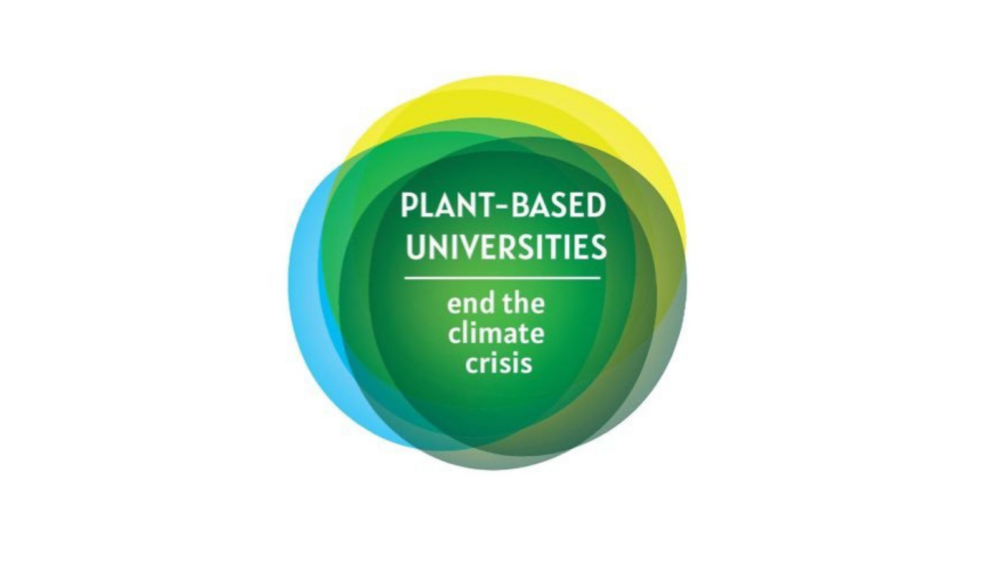This is not sport’s greatest story – the Grand National meeting begins tomorrow
The Grand National meeting starts tomorrow – a cruel ‘festival’ which has killed 65 horses since 2000, injured many more, and displayed toxic negligence towards the wellbeing of animals.
Posted 02 Apr 2025


